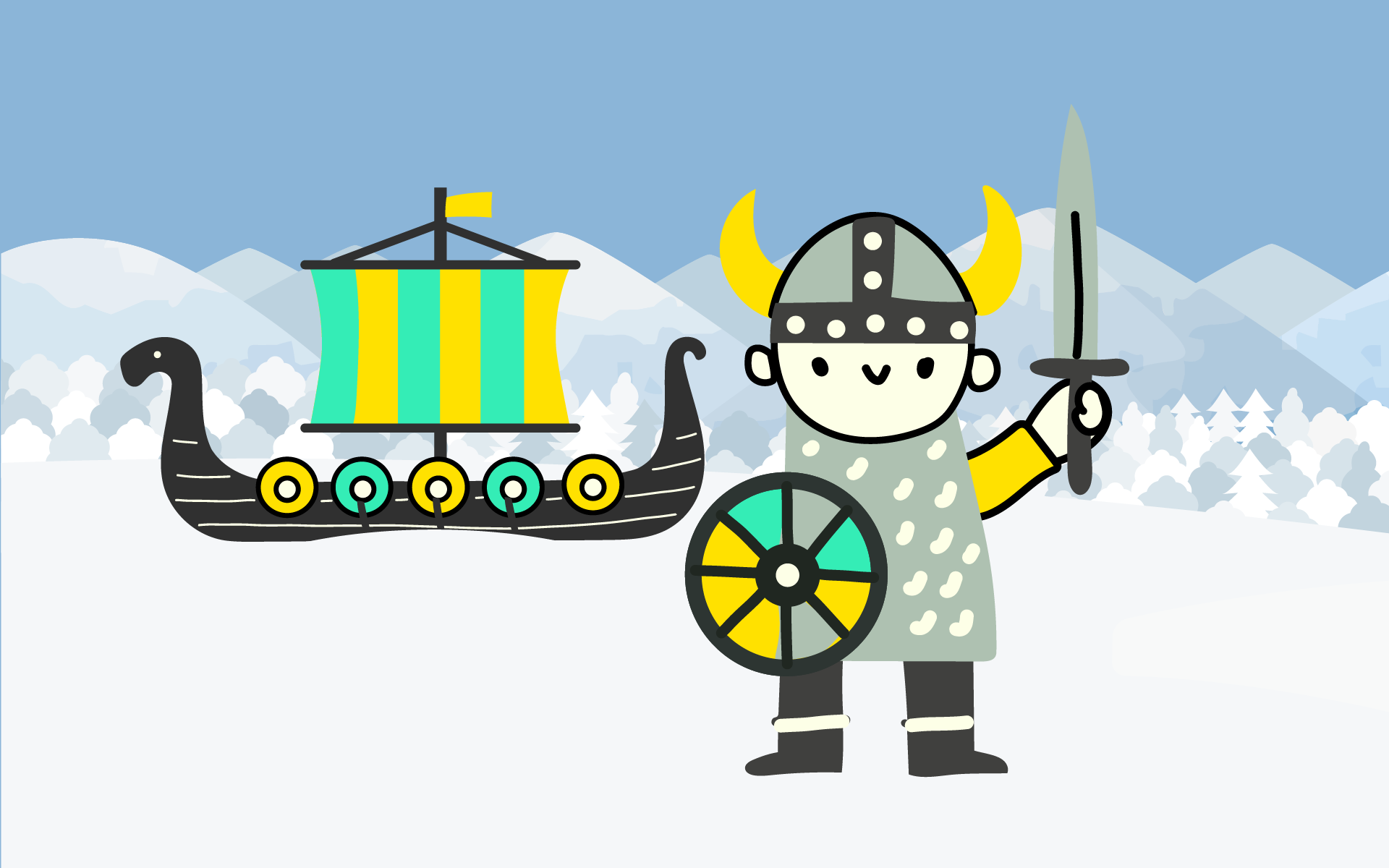The African snowstorm that opened my eyes to the power of change

It wasn’t just the weather that changed on that strange spring day.
My partner and I decided to take our son and our mothers to Clarens in the Free State for a long weekend.
Little did we know that the area would be hit by the most snow it had seen since 1912. (That’s 112 years ago, my 10-year-old, mathematically inclined son chimed in, while I was kickstarting my matric maths memory).
After some anxious route planning the night before, with news of the N3 highway being closed due to excessive snow, we set off, turning before Harrismith at Warden, on to Bethlehem, and then to Clarens.
We stopped on the roadside to let my son feel the snow.
“No angels!” I warned as he waded in, wearing T-shirt and shorts. The snow was surprisingly soft, like powder, not yet movie-drinks slushy.
A day later, with warmer temperatures and a backdrop of snow-covered peaks in the Maloti Mountains, we were in Golden Gate National Park. Nearby were what sounded like a French-Canadian couple, whose kids were playing in thick snow in a ravine.
“Take your shoes off first!” I shouted to my son as he sped off to join them. “Keep them on!” my partner said. “We don’t know how sharp the rocks may be underneath.”
Driving back to town, I noticed spring blossoms on the trees, pushing through the cold. It made me reflect on the way we handle change. Do we instinctively adapt like the trees, or do we resist?
Watching my son laugh in the snow, I found an answer. Often, we use play to adapt to change, by exploring new identities and roles.
In the car, we played a little game. We imagined we were on a journey in some snow-bound Nordic country. We were Vikings and Inuits, in Africa.
Through my work in leadership development, I’ve become familiar with Harvard professor Hermina Ibarra’s notion of play, which allows us to push ourselves out of our comfort zones in safe spaces such as training situations.
We get to try on new roles – what she calls “provisional selves” – when faced with such changes as getting a promotion, becoming a parent or grandparent, or going through life events like a death or divorce.
We get cues from our environment on these new roles, and we forge a set of behaviours that we feel are suitable to the context of the change we are going through, while still trying to be authentic to who we are.
Prof Ibarra argues that identity is not as fixed as we previously thought. Rather, identity development is a dynamic, contextual process. Rigid adherence to a single, consistent self can hinder growth.
She suggests that development requires a balance between authenticity and adaptability.
This adaptive authenticity, though it may initially feel uncomfortable – like me driving in the snow – enables us to grow more effectively in diverse and changing environments.
When we consider changes, we safely push ourselves out of our comfort zones using play. This allows us to explore potential identities without immediate commitment, facilitating personal and professional growth, especially during transitions.
Play is a way of believing in a possibility and behaving as if it exists, as we did when we pretended to be Vikings and Inuits in Africa in the spring. The primary drivers for us were discovery and enjoyment. We were at the threshold between possibility and reality.
In a sense, play is a kind of rehearsal, a trying on of a new identity to see how it fits, as you might try on a new outfit in the dressing room before you buy it.
Doing this in a safe space, through play, helps you to prepare, to see what works and what doesn’t and adapt accordingly. It’s a positive, proactive experience, rather than being negative and reactive.
Growth happens outside of your comfort zone. When you don’t step outside what feels comfortable, all that happens is that you stay where you are. Yes, stepping out is scary – that’s why we call it a comfort zone.
But if you want to grow, if you want to become someone even slightly different, you need to take that step and do something different.
How can you positively challenge yourself to move beyond your comfort zone, in a safe and playful environment? What changes do you want to make? What experiments could you conduct to try on your “provisional selves”?
And where and when will you start? You don’t have to wait for it to snow.




